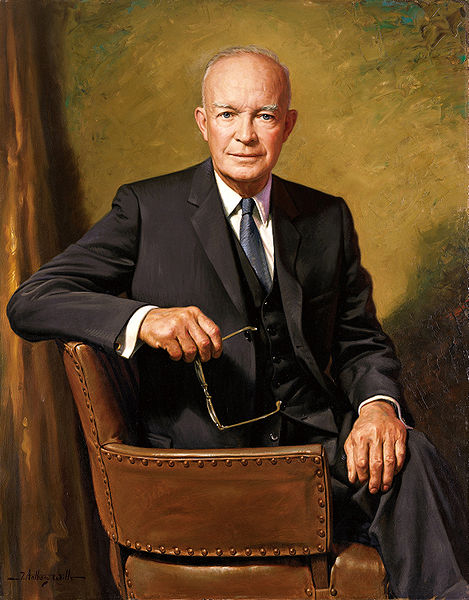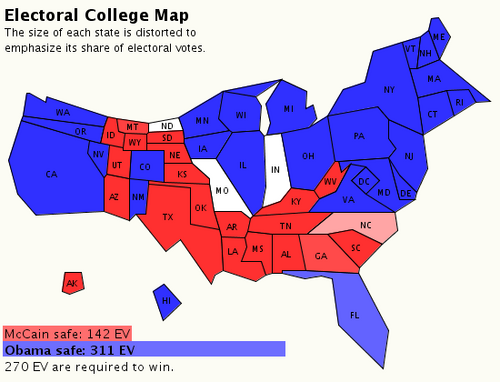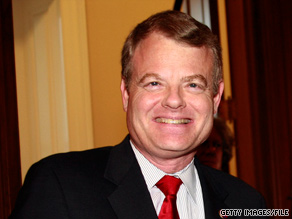Questions:
1. How can factions 'control the Government'?
2. Is corruption more prevalent in a Direct Democracy?
3. What advantages to Representatives present?
4. What is your view of the States' rights both before and after the Constitution?
5. How can you satisfy everyone in the issue of the distribution of land?
Quotes:
"There are again two methods of removing the causes of faction: the one, by destroying the liberty which is essential to its existence; the other, by giving to every citizen the same opinions, the same passions, and the same interests."
I chose this quote because I think it shows how Madison plans to conquer the issue of the factions. He says, in order to remove the causes of faction, one, destroy liberty, and two, by giving every citizen the same rights or options.
"A republic, by which I mean a government in which the scheme of representation takes place, opens a different prospect, and promises the cure for which we are seeking. Let us examine the points in which it varies from pure democracy, and we shall comprehend both the nature of the cure and the efficacy which it must derive from the Union."
In this quote, Madison addresses the United States as a republic. He compares it to a complete democracy and says that in a republic, representation takes place, opens a different prospect, and promises the cure for which the United States is seeking.
"The two great points of difference between a democracy and a republic are: first, the delegation of the government, in the latter, to a small number of citizens elected by the rest; secondly, the greater number of citizens, and greater sphere of country, over which the latter may be extended."
In this quote, Madison addresses the two main differences between a democracy and a republic. He explains how a small number of people representing a larger population is more effective.
"By a faction, I understand a number of citizens, whether amounting to a majority or a minority of the whole, who are united and actuated by some common impulse of passion, or of interest, adversed to the rights of other citizens, or to the permanent and aggregate interests of the community."
In this quote, Madison explains what, exactly a faction is. Factions, he explains, whether small or large, generally disregard other citizens and the interests of the larger community.
"There are two methods of curing the mischiefs of faction: the one, by removing its causes; the other, by controlling its effects."
I chose this quote because here, Madison tells how to cure the "mischiefs of faction". First, you need to remove its causes, (explained in quote 1), and second, control its effects.















